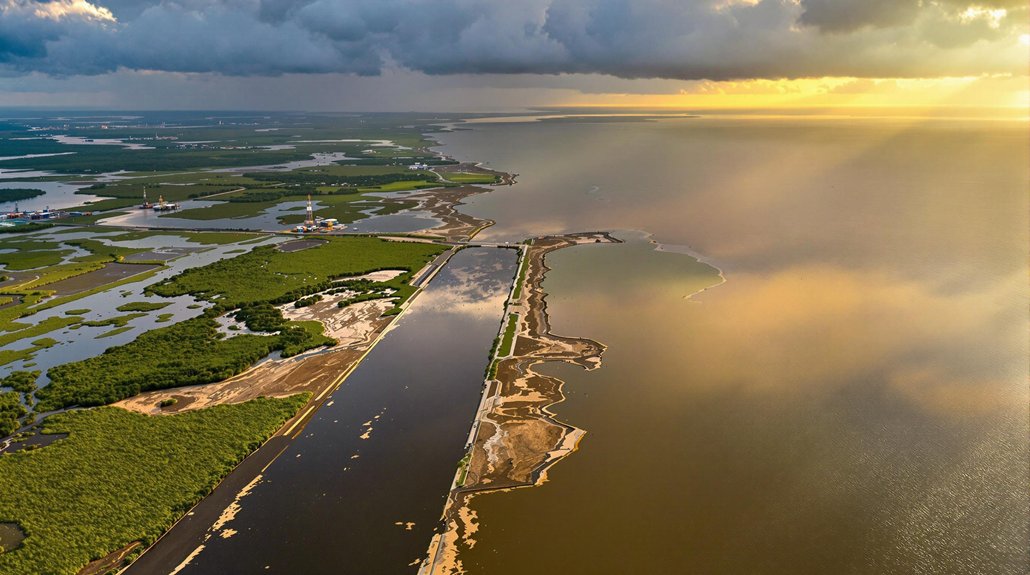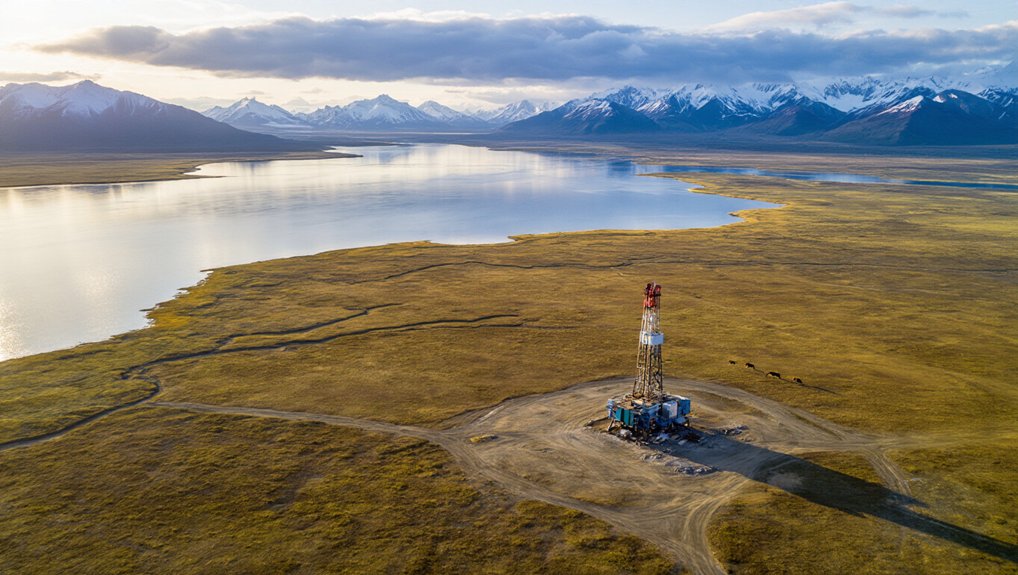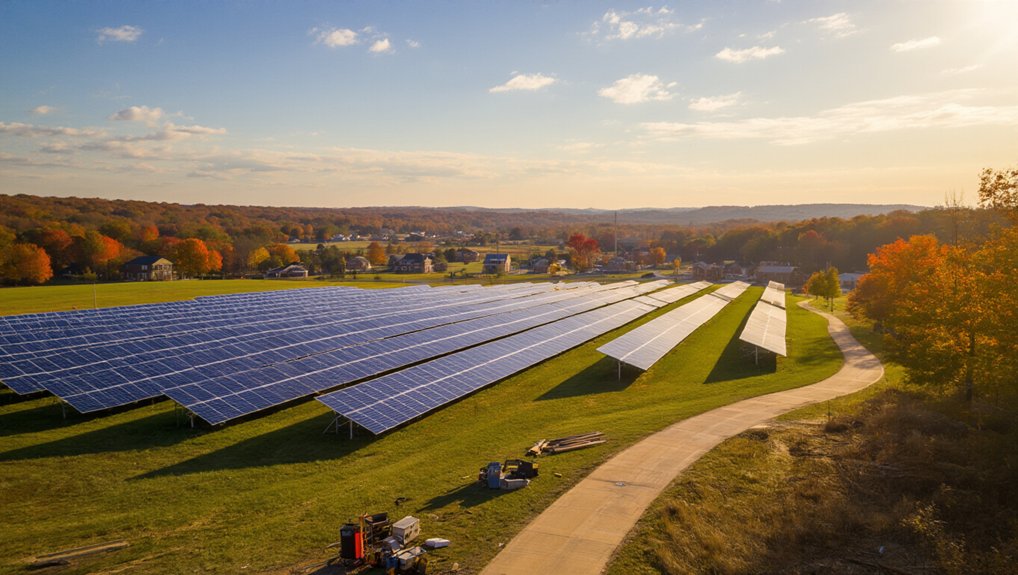Chevron has been ordered to pay nearly $745 million for damaging Louisiana’s coastal wetlands. A jury in Plaquemines Parish delivered the verdict after determining the oil giant’s operations caused significant environmental harm. The penalty will fund restoration efforts, including replanting vegetation and filling dredged canals. Local communities welcomed the decision, hoping it will help rebuild natural flood defenses against storms. The case could signal major changes for energy companies operating in sensitive ecosystems.
In a landmark decision that could reshape environmental accountability in the energy sector, Chevron has been ordered to pay nearly $745 million for damage to Louisiana’s coastal wetlands. A jury in Plaquemines Parish delivered the verdict following weeks of trial proceedings, marking one of the largest environmental damages awards in Louisiana history.
The case centered on allegations that Chevron’s oil and gas operations caused significant harm to southeast Louisiana’s fragile wetland ecosystems. These wetlands serve as critical natural buffers against hurricanes and flooding for coastal communities. Scientists estimate that Louisiana loses wetlands at an alarming rate – approximately the size of a football field every 100 minutes.
Evidence presented during the trial showed that Chevron’s activities, particularly canal dredging, led to soil erosion, habitat destruction, and reduced biodiversity in the affected areas. The company was found to have violated land use and environmental protection laws by failing to repair the damage caused by their operations.
The substantial financial penalty reflects the enormous costs associated with environmental restoration. The funds will be used to replant vegetation, fill dredged canals, and stabilize soil throughout the damaged areas. These restoration efforts aim to rebuild natural flood defenses and restore the ecosystem’s biodiversity.
Environmental groups and local communities have welcomed the verdict as a victory for conservation and environmental justice. Many residents have expressed hope that the restoration work will help protect their communities from increasingly severe storms and flooding. The case highlights ongoing environmental legal issues that continue to impact communities across the country.
The ruling could have far-reaching implications for the entire oil and gas industry. Other companies operating in Louisiana’s wetlands may now face similar legal challenges, potentially leading to stricter environmental practices and increased regulatory scrutiny nationwide. This case underscores the need for renewable energy sources that have minimal environmental impact compared to fossil fuel operations.
This verdict highlights the growing financial risks for corporations that neglect environmental stewardship. It also underscores the ecological and economic importance of Louisiana’s wetlands, which provide essential protection for communities and habitat for wildlife along the Gulf Coast.









